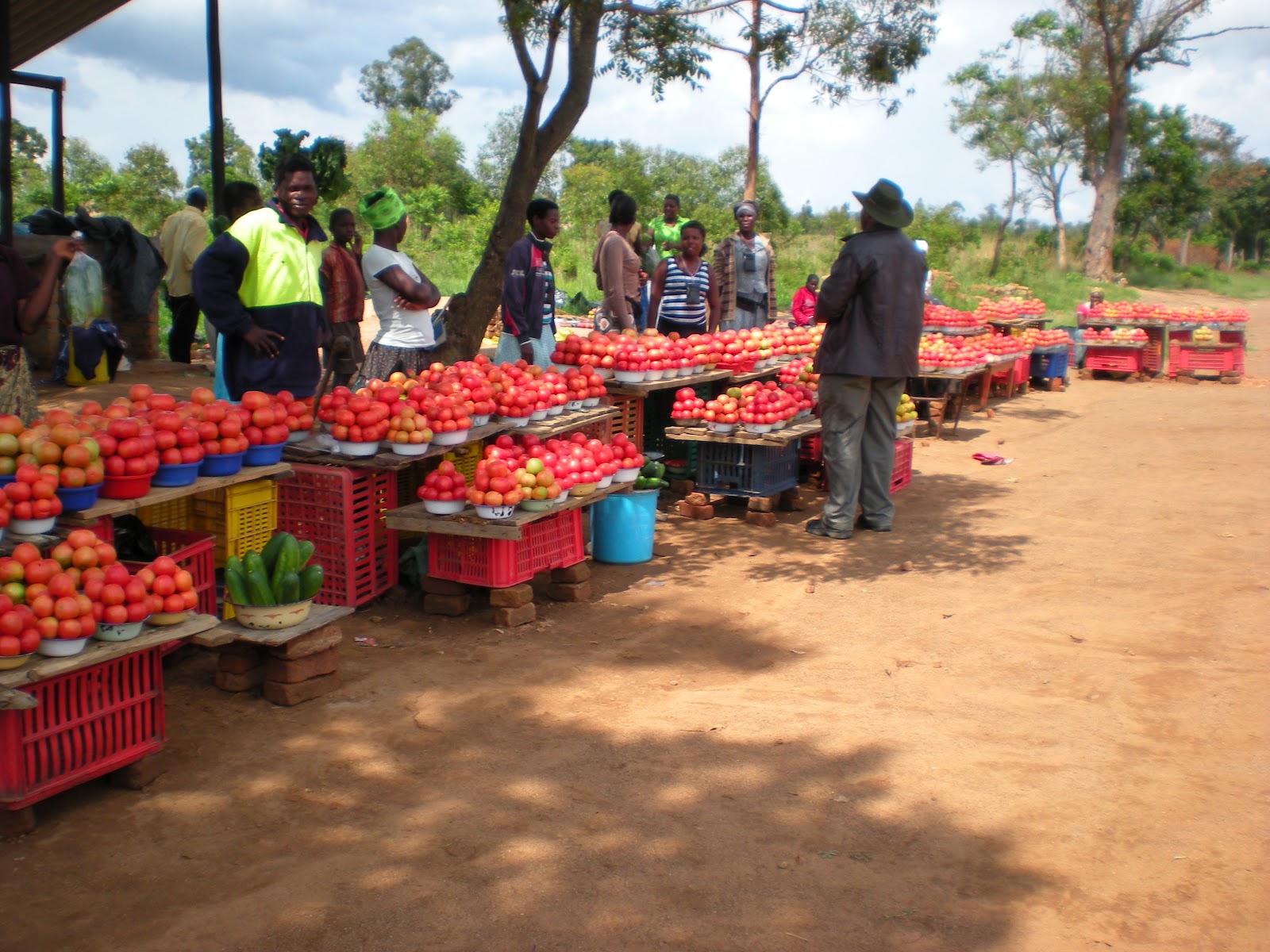THE informal sector says it is struggling to make ends meet and has not seen much change in the economy since the coming-in of the new government.
Company closures and retrenchments have seen rising unemployment with citizens resorting to vending and venturing into all sorts of informal business including steel fabrication and carpentry, among others.
Informal sector players told Standardbusiness they were struggling to stay afloat as the operating environment had become even tougher, five months after President Emmerson Mnangagwa swept to power via a military coup.
"This business of selling second-hand clothes was lucrative when the dollar was still circulating in the market.
"These days, it's tough because after getting bond notes or mobile money you still need to convert the money to the dollar at a premium. This eats into the business profits.
"We are just trying to keep afloat through hand-to-mouth," said Timothy Dura, a second-hand clothes dealer.
Dura's sentiments are informed by the fact that second-hand clothes are procured from Mozambique using the greenback at a time the dollar has become scarce and is sold at a premium on the parallel market.
While Dura's problem is on the issue of currency, another informal trader, Cornelius Simuka, who specialises in buying and selling groceries on the streets of Harare, said her business was no longer profitable due to stiff competition as more and more people were joining the trade due to rising unemployment.
"The idea is, we buy these groceries from wholesalers found in downtown Harare, and we break the bulk and sell the goods on the streets.
"But, as you can see, there are so many of us doing the same business, so my profit margin is very small," Simuka said.
While Simuka buys her stuff from bigger wholesalers in Harare, most informal traders smuggle goods from the neighbouring countries to maximise their profits.
Economist Clemence Machadu said the new administration had not done anything to stem the problems besetting the informal sector, which was perpetuating the people's suffering.
"…I don't see much change in terms of informal sector progress largely because we still don't have a concrete and dedicated policy to punctuate informal sector growth," he said.
"Most of the policies that were implemented since the coming-in of the new dispensation have been broadly targeting formal and bigger enterprises."
Machadu said there was need for a comprehensive and deliberate policy to confront challenges faced by the informal sector.
"The operating environment is a function of legal systems and policies of the day as well as how these are implemented," he said.
"Yes, we might have changed the movie's actors, but its script is still the same.
"As far as the informal sector is concerned, we still have the same policies and laws of yesteryear."
An estimated 5,7 million players are in the informal sector, according to a 2017 survey by the Zimbabwe National Chamber of Commerce (ZNCC).
The survey, Dynamics and Characteristics of the Informal Sector in Zimbabwe, noted that nearly 45% of informal traders engaged in corrupt activities to sustain their business.
The ZNCC report noted that the informal sector was laden with corruption, bribery and tax avoidance systems.
Economist John Robertson said the informal sector was not growing because players were not paying tax.
"In the informal sector you don't have fixed addresses where you can, say, register, pay VAT or PAYE [pay as you earn]. Most of them are in the backyard.
"They are trying to remain very quiet so that no one will come to them and say prepare your books and pay tax," he said.
"These people are trying to avoid paying tax and get a few dollars and help their extended families.
"The biggest handicap of the informal sector is that you don't grow big because you always want to remain invisible to the taxman."
Tax management systems manager Tendai Mavima, however, said the solution to grow the informal sector was to simplify the tax system for the sector and promote its growth and formalisation.
"Informal traders are expected to be paying taxes through informal traders' tax and presumptive taxes," he said.
They also pay value-added tax when they purchase from VAT-registered operators.
"PAYE can only become an issue if their employee is paid over $300 per month, which is highly unlikely.
"The only tax they may not be paying is income tax - that is tax on profits, which they are indirectly paying through informal traders' tax."
- the standard
 Concern over Masvingo black market
Concern over Masvingo black market  Kenya declares three days of mourning for Mugabe
Kenya declares three days of mourning for Mugabe  UK's Boris Johnson quits over Brexit stretegy
UK's Boris Johnson quits over Brexit stretegy  SecZim licences VFEX
SecZim licences VFEX  Zimbabwe abandons debt relief initiative
Zimbabwe abandons debt relief initiative  European Investment Bank warms up to Zimbabwe
European Investment Bank warms up to Zimbabwe  Young Investment Professional (YIP) Graduate Programme 2019
Young Investment Professional (YIP) Graduate Programme 2019 











 Young Investment Professional (YIP) Graduate Programme 2019
Young Investment Professional (YIP) Graduate Programme 2019
Editor's Pick